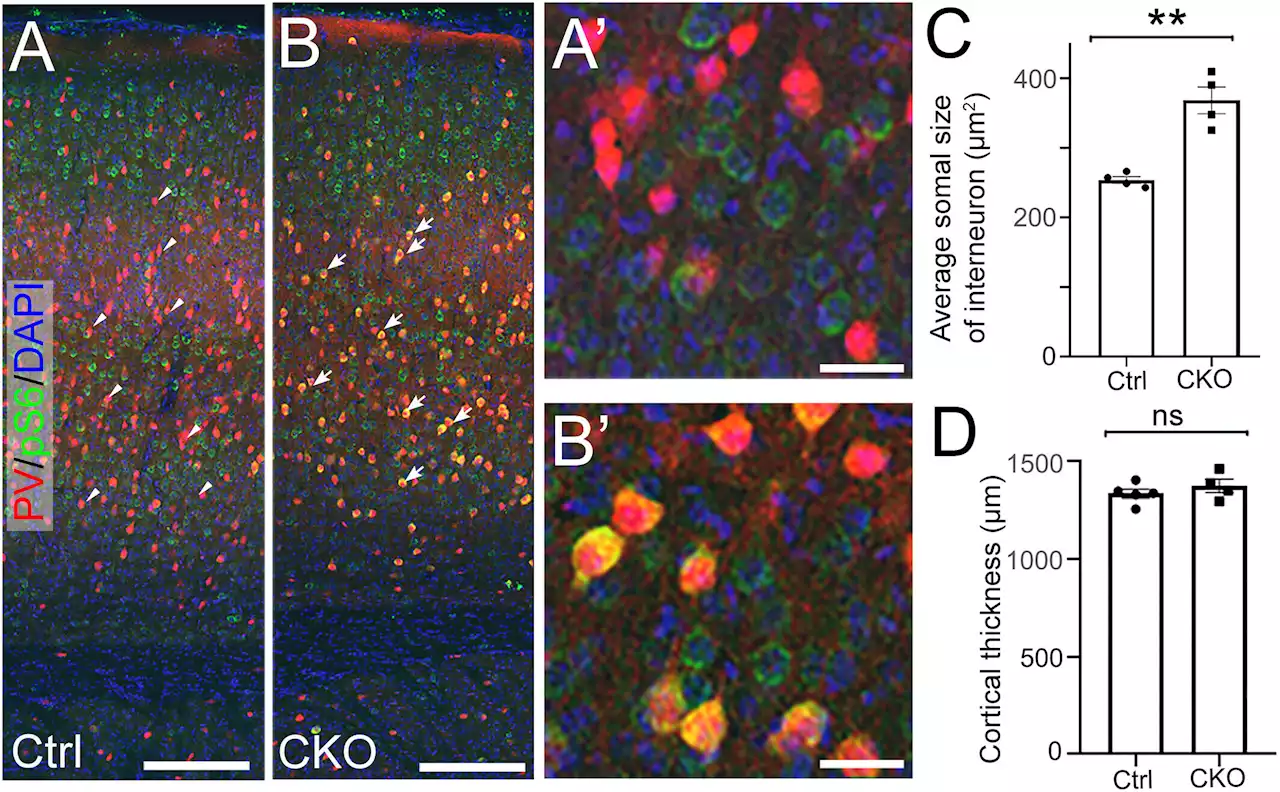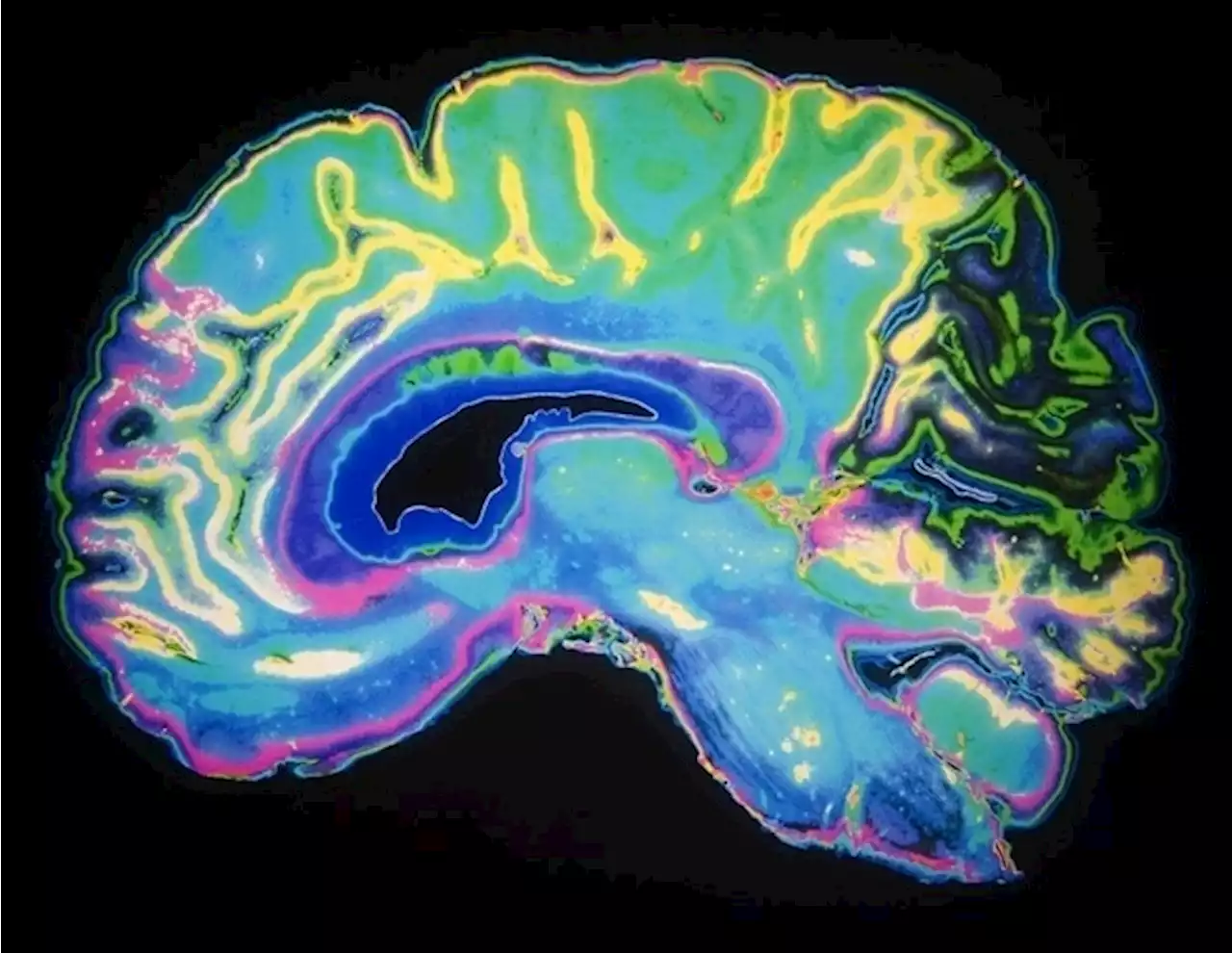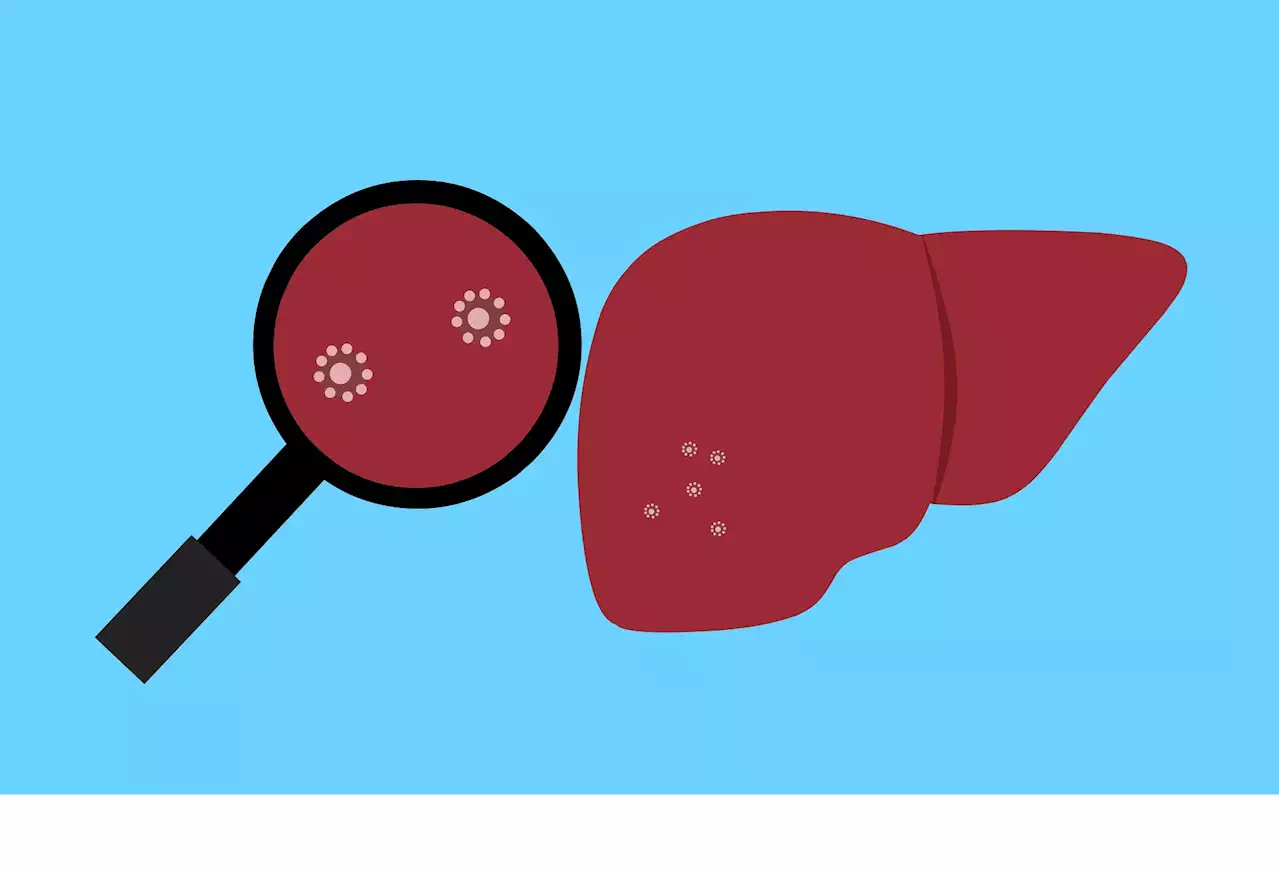NASA's Cassini spacecraft and university researchers have offered an answer to the 4.5 billion-year mystery of Saturn's rings' origins. | ITV News Tyne Tees
A recent impact origin of Saturn's rings and icy moons:The 4.5 billion-year solar system mystery of Saturn's rings' origins may have finally been solved.
Dr Jacob Kegerreis, a Durham University graduate who is now a research scientist at NASA’s Ames Research Center in California’s Silicon Valley, said: “There’s so much we still don’t know about the Saturn system, including its moons that host environments that might be suitable for life, so it’s exciting to use big simulations like these to explore in detail how they could have evolved.”
Dr Luis Teodoro, of the University of Glasgow’s School of Physics and Astronomy, said: “The apparent geological youth of Saturn’s rings has been a puzzle since the Voyager probes sent back their first images of the planet. This collaboration has allowed us to examine the possible circumstances of their creation, with fascinating results.”
These hydrodynamical simulations were conducted using the SWIFT open-source software at a resolution more than 100 times higher than previous studies, giving scientists their best insights into the Saturn system’s history.
United Kingdom Latest News, United Kingdom Headlines
Similar News:You can also read news stories similar to this one that we have collected from other news sources.
 Scientists say people don't become adults until they reach their 30sNeurologists say people's brains are still developing even after turning 18
Scientists say people don't become adults until they reach their 30sNeurologists say people's brains are still developing even after turning 18
Read more »
 Molnupiravir: COVID drug linked to mutations that could 'spread the illness', scientists sayAfter tracking virus mutations across global databases, researchers conclude that though the drug can 'fatally weaken' COVID-19, it does not kill all the viruses, and 'some mutated viruses can spread'.
Molnupiravir: COVID drug linked to mutations that could 'spread the illness', scientists sayAfter tracking virus mutations across global databases, researchers conclude that though the drug can 'fatally weaken' COVID-19, it does not kill all the viruses, and 'some mutated viruses can spread'.
Read more »
 Scientists develop a new model for understanding sudden death in epilepsyResearchers at the University of Michigan have developed a model for studying one type of familial epilepsy, opening the door to understanding—and eventually targeting—the mechanisms that lead to the disorder and its associated fatalities.
Scientists develop a new model for understanding sudden death in epilepsyResearchers at the University of Michigan have developed a model for studying one type of familial epilepsy, opening the door to understanding—and eventually targeting—the mechanisms that lead to the disorder and its associated fatalities.
Read more »
 Scientists decode the marker protein that can be used to ‘‘see’’ neuroinflammationInflammation is the sign that our body is defending itself against an aggression. But when this response escalates, for example in the brain, it can lead to serious neurological or psychiatric diseases.
Scientists decode the marker protein that can be used to ‘‘see’’ neuroinflammationInflammation is the sign that our body is defending itself against an aggression. But when this response escalates, for example in the brain, it can lead to serious neurological or psychiatric diseases.
Read more »
The scientists taking to the skies to improve extreme weather forecastingWith climate change driving ever more extreme weather, the job of the 'storm chasers' is even more important. | ITV National News
Read more »
 Scientists reveal mechanistic link between zinc levels and diabetesResearchers have identified a mechanistic link between zinc levels in humans and the risk of type 2 diabetes and fatty liver disease.
Scientists reveal mechanistic link between zinc levels and diabetesResearchers have identified a mechanistic link between zinc levels in humans and the risk of type 2 diabetes and fatty liver disease.
Read more »